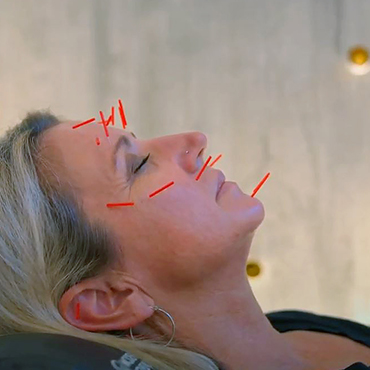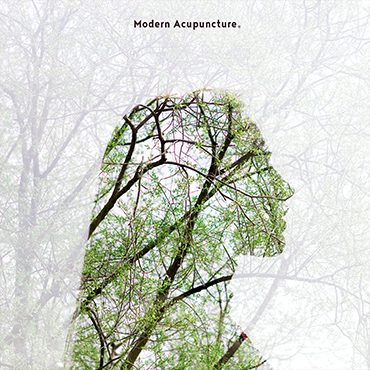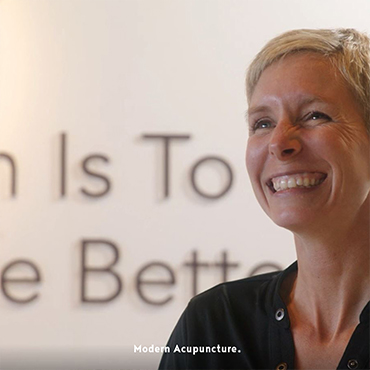Super Relaxing Sleep with Acupuncture, Here's How We Help Calm Your Body and Mind

There are few simple pleasures in life better than getting a good night's sleep. Sleep is essential for good health and proper functioning throughout the day, but it does not come easily to everyone.
Nearly 70 million Americans deal with a sleep disorder, most commonly insomnia. Short-term insomnia affects about 30% of the population, while long-lasting insomnia impacts about 10%.
If you suffer from poor sleep, it's vital to find a solution for your physical, mental, and emotional well-being.
Fortunately, natural solutions like Acupuncture for insomnia offer a drug-free solution. Acupuncture for better sleep has been around for thousands of years as a part of traditional Chinese medicine.
Unlike traditional prescriptions that cause daytime drowsiness, cognitive impairment, and dependence, Acupuncture has very minimal side effects and aims to treat the root cause.
There are many possible causes for temporary or prolonged sleep trouble, but stress is most common.
People today are more stressed and have worse sleep than ever before. Exposure to this heightened level of stress day after day for prolonged periods changes how our body releases natural hormones and endorphins that ultimately result in shorter sleep times and lower sleep quality.
The nervous system is affected by stress in many different ways.
When you experience physical or psychological stress your body goes into a fight-or-flight response, and the hormones adrenaline and cortisol are released. Day after day, this impact compounds and causes major health issues, such as poor sleep.
Irregular or insufficient sleep has also been shown to activate the fight or flight stress response in the brain. The chronic stress of insomnia can affect your cardiovascular system (causing high blood pressure), metabolism (diabetes and obesity), ability to regulate hormones, and immune system to fight illness and infections.
Can Acupuncture Help You Sleep?
Studies are finding Acupuncture to be a useful alternative treatment for insomnia.
The natural acupuncture treatment has fewer side effects than the medications prescribed for sleep. Most commonly used sedatives to treat insomnia can cause a person to feel drowsy the next day, experience cognitive impairments, or become dependent on the drug.
A review of 46 trials, including 3,811 patients with insomnia, showed that Acupuncture significantly improved sleep quality and duration when compared to no treatment, medications, or sham Acupuncture.
Modern medicine shows that Acupuncture can increase melatonin, a hormone that makes you feel relaxed and sleepy.
Acupuncture for sleep is used as a neuromodulator that tones down the brain's perception of sensory signals, like pain, stress or anxiety.
Acupuncture also helps restore balance and promote proper functioning of the entire body. This process can stimulate the release of necessary hormones, decrease inflammation, and relax muscles, which helps you feel better all around.
At Modern Acupuncture, we believe in treating sleep issues by addressing the root cause of the problem, whether that's pain, stress, or another underlying factor. Our Licensed Acupuncturists will begin with a discussion outlining your medical history, daily lifestyle habits, and sleep schedule during the appointment. This information will help us determine what could be contributing to your specific sleep issues.
“The most relaxed and calm I've ever felt in my life. The staff is friendly and attentive. Acupuncture has helped me heal faster from injuries, sleep better at night, and has given me an overall better sense of well-being. Treat yourself! - Heather (LA)
Acupuncture Relieves Stress
Modern Acupuncture® is a natural stress relief solution and the leading provider of Acupuncture in the U.S. The most studied theories show that Acupuncture stimulates the body to release naturally produced "feel good" endorphins and stimulates the parasympathetic or "rest and digest" response in our body, alleviating symptoms associated with stress.
[Back to main news page]



